Bill Evans
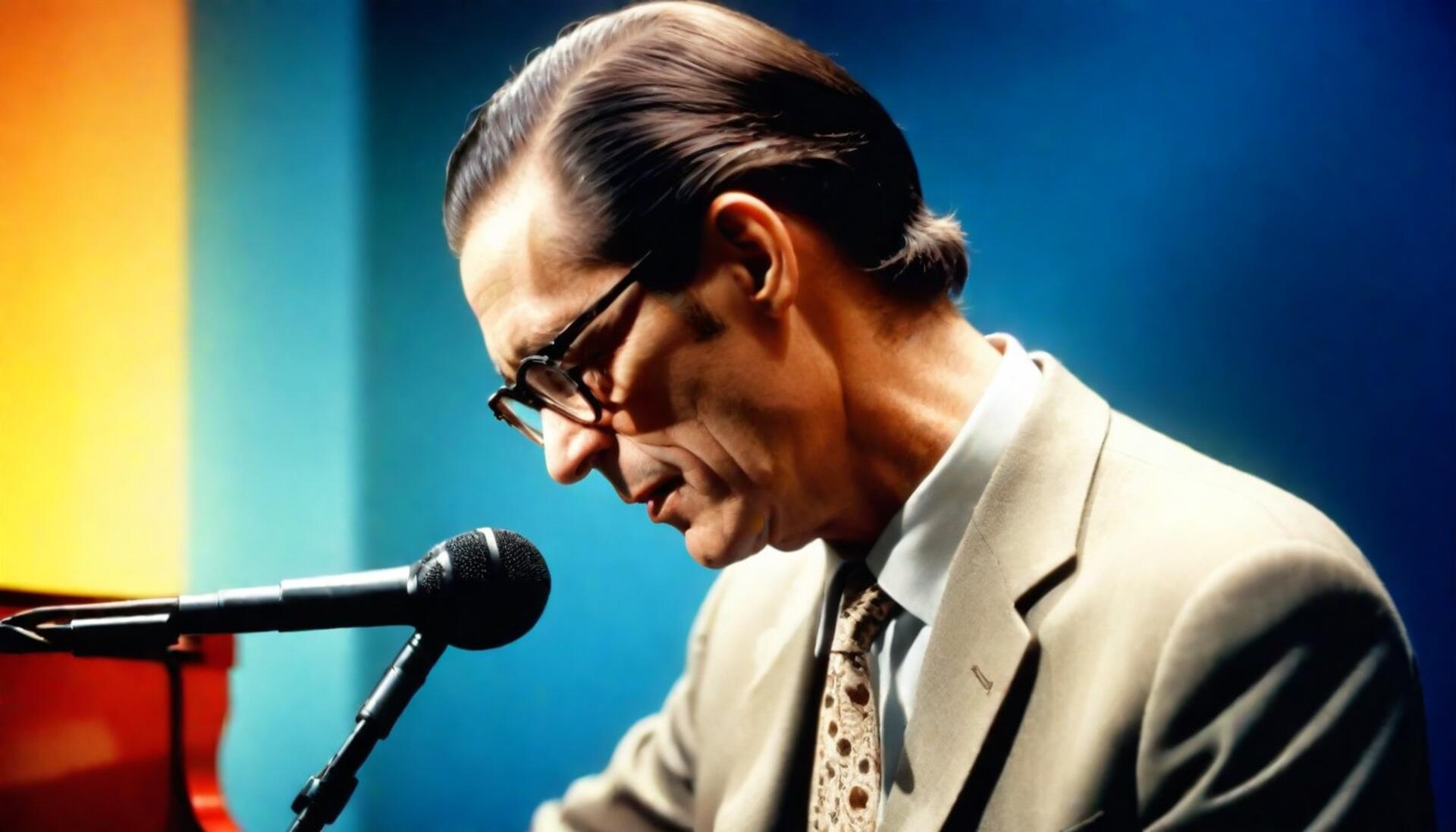
Bill Evans, a renowned jazz pianist and composer, is celebrated for his lyrical touch, innovative harmonies, and profound musicality. Here's a concise profile capturing the essence of his influential career
Early Life and Musical Beginnings
William John Evans was born on August 16, 1929, in Plainfield, New Jersey. He began playing piano at a young age and showed exceptional talent early on. Evans pursued music studies at Southeastern Louisiana University and later at Mannes School of Music in New York City. His early influences included jazz pianists like Bud Powell and Lennie Tristano, as well as classical composers like Claude Debussy and Maurice Ravel.
1950s-1960s
In the late 1950s, Bill Evans gained recognition for his work as a sideman with various jazz artists, including Miles Davis and Cannonball Adderley. His collaboration with Davis on the landmark album "Kind of Blue" (1959) brought him widespread acclaim and introduced his innovative approach to harmony and improvisation to a broader audience.
In 1959, Evans formed the Bill Evans Trio, featuring bassist Scott LaFaro and drummer Paul Motian. The trio's groundbreaking recordings, including "Sunday at the Village Vanguard" (1961) and "Waltz for Debby" (1961), showcased Evans' lyrical touch, intricate harmonies, and telepathic interplay with his bandmates.
1970s-1980s
Throughout the 1970s and 1980s, Bill Evans continued to record and perform prolifically, both as a solo artist and with various ensembles. He explored a wide range of musical styles and collaborations, including duo recordings with guitarist Jim Hall and orchestral arrangements of his compositions.
Evans' albums from this period, such as "Conversations with Myself" (1963), "Bill Evans at the Montreux Jazz Festival" (1968), and "You Must Believe in Spring" (1977), further solidified his reputation as one of the most innovative and influential pianists in jazz history.
Legacy and Influence
Bill Evans' impact on the jazz genre is immeasurable. His lyrical touch, innovative harmonies, and profound musicality have inspired generations of musicians and left an indelible mark on the history of jazz music.
Evans' compositions, including classics like "Waltz for Debby," "Peace Piece," and "Very Early," have become jazz standards, performed and recorded by countless artists over the years. His influence extends far beyond his own recordings, as he continues to inspire new generations of pianists and jazz musicians with his timeless music and enduring legacy.
Bill Evans' legacy as a pioneering pianist and composer endures, his lyrical touch and innovative harmonies continuing to inspire and influence musicians around the world.
to download my version of Waltz for Debby click here
Bill Evans ratings
Bill Evans Albums
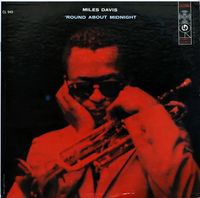
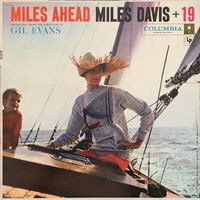



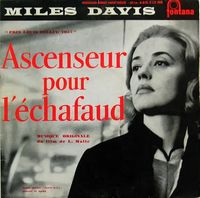

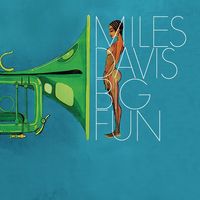

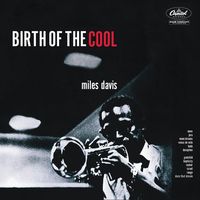
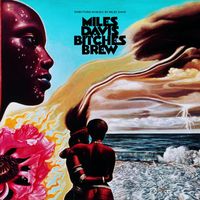
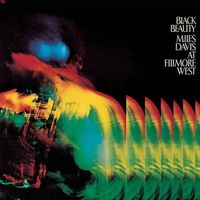
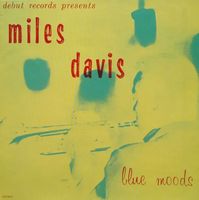
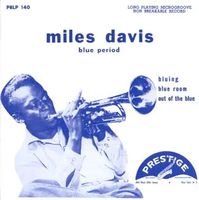
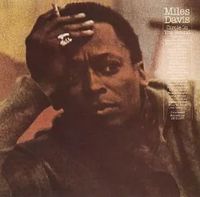
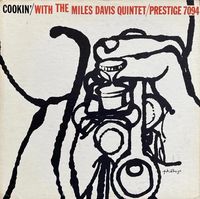
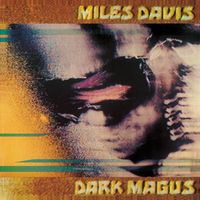
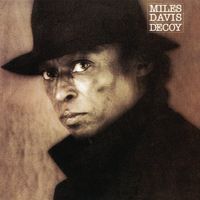


See also Bill Evans Discography
Songs: Waltz for Debby